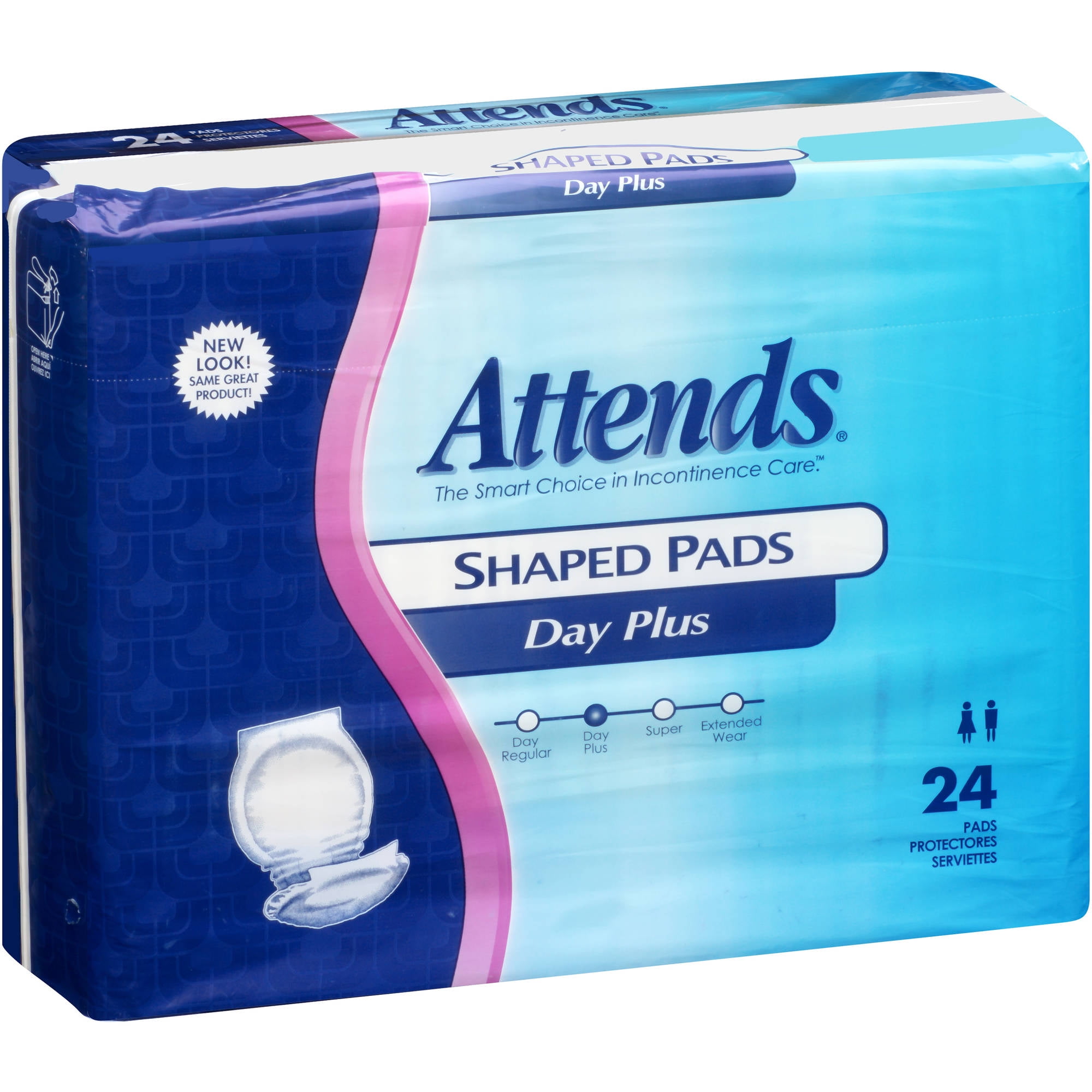
September 1, 2024
Urinary Incontinence Treatment Mumbai Urine Leak Therapy


Urinary Incontinence Urinary & Digestive Tract: Kinds, Triggers, Treatments Urinary system incontinence (UI) is the loss of bladder control, or being incapable to regulate peeing. It can range from being a minor problem to something that greatly influences your life. Over time, symptoms from an over active bladder can become worse and become much more visible. If your incontinence began after a recent clinical procedure, injury or the start of a new medication, call your healthcare provider. Your doctor will listen to you describe your symptoms, analyze you, and detect you. Urogynecologists are very specialized-- focusing on ladies's reproductive system and urinary system system. All blood tests are performed in health center just so no running around to research laboratory again and again. There are numerous great food joints around for out of Mumbai clients to consume excellent food.
Signs And Symptoms Of Urinary Incontinence:
What is the medical treatment to stop pee leak?
Sometimes bladder control issues just last a short amount of time, and they vanish when you address
- Practical urinary incontinence is the uncontrolled leak of urine because of ecological or physical obstacles to toileting.
- So, if you're stressed over incontinence, attempt to keep a healthy weight, eat and drink healthily and change the strenuous exercise you do.
- There are numerous various reasons for urine leakage and it is very important to determine before any type of treatment being initiated.
- Urinary stones are a common kind of clog that causes leakage in urine.
Risk Elements
Urinary incontinence may need to be managed over time as a signs and symptom of your persistent problem. Person education and learning also encompasses understanding the types and root causes of urinary incontinence, taking care of fluid intake, and recognizing signs early. Education about the different treatment and management choices available, including conventional, pharmacologic, and surgical methods, is necessary. This task reviews the different kinds of urinary system incontinence, reliable screening methods, and evidence-based management methods. So Visit the website in guys you have actually got the prostate gland which sits just below the bladder. And pee comes out of the bladder through a tube called the urethra which goes through the middle of the prostate gland. See to it you have all the details you need to choose what's finest for you. The bladder has muscular tissues that tighten when you require to urinate. When the bladder muscles tighten up, pee is dislodged of your bladder with a tube called the urethra. At the very same time, sphincter muscular tissues around the urethra loosen up to allow the urine out of your body. Urinary system incontinence is the loss of bladder control, or leaking pee.Social Links